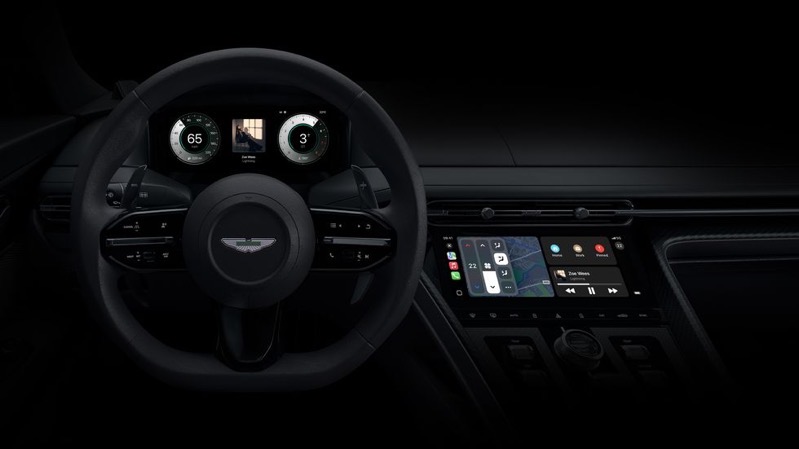
Apple Shifts Gears: Electric Car Launch Pushed to 2028: Report
Apple has reportedly dialled back its ambitious electric vehicle project, opting for a less advanced design than initially planned.
Bloomberg’s Mark Gurman says sources familiar with the project indicate that the tech giant, after a decade of development, is now focusing on a more conventional EV design, diverging from its original vision of a fully autonomous vehicle.
The project, known internally as Titan and T172, has been marked by a series of leadership changes, layoffs, and strategic pivots since its inception in 2014. This revamp comes as Apple grapples with stagnating revenue growth, particularly due to a maturing smartphone market and economic slowdown in China, a key market for the company.
Originally aiming for a 2026 launch with self-driving capabilities, Apple has adjusted its target to a 2028 release. The revised plan involves a Level 2+ automation system, a notable step down from the previously envisioned Level 4 technology, and a far cry from the ultimate goal of Level 5 autonomy. Sources say the Apple car would have capabilities in line with existing Tesla vehicles.
This internal shift is viewed as a critical moment for the project, potentially leading to further reassessment or strategic alterations. Despite these changes, Apple remains committed to the automotive sector, engaging in discussions with potential manufacturing partners in Europe and planning future upgrades to Level 4 autonomy.
The project’s oversight involves top executives, including project head Kevin Lynch, CEO Tim Cook, and Apple’s board, reflecting the significance of the endeavor within the company. However, the EV project, one of Apple’s most costly R&D initiatives, has yet to progress to a formal prototype stage.
Amidst these developments, there is skepticism among some Apple executives about the project’s potential to match the high profit margins of the company’s flagship products like the iPhone. This skepticism persists even as Apple’s tech counterparts, such as Amazon with its investment in Rivian and Alphabet’s Waymo, make notable advances in the automotive industry.
Apple’s most substantial contribution to the automotive sector to date has been its CarPlay software, which is undergoing a redesign for deeper integration with vehicle systems. The latest strategy for the Apple car is internally seen as a move to emulate Tesla, with a focus on design, safety, and user interface to distinguish itself in the market.
In a departure from its earlier radical concepts, such as a car without a steering wheel, Apple is now taking a more conservative approach. Additionally, the company is considering further management changes within its hardware engineering and autonomous software teams, indicating ongoing adjustments and evaluations of the project’s direction.
The big question here is who will be building Apple’s electric car? The company should start building its own EV factories around the globe if it wants to be able to manufacture at scale.


